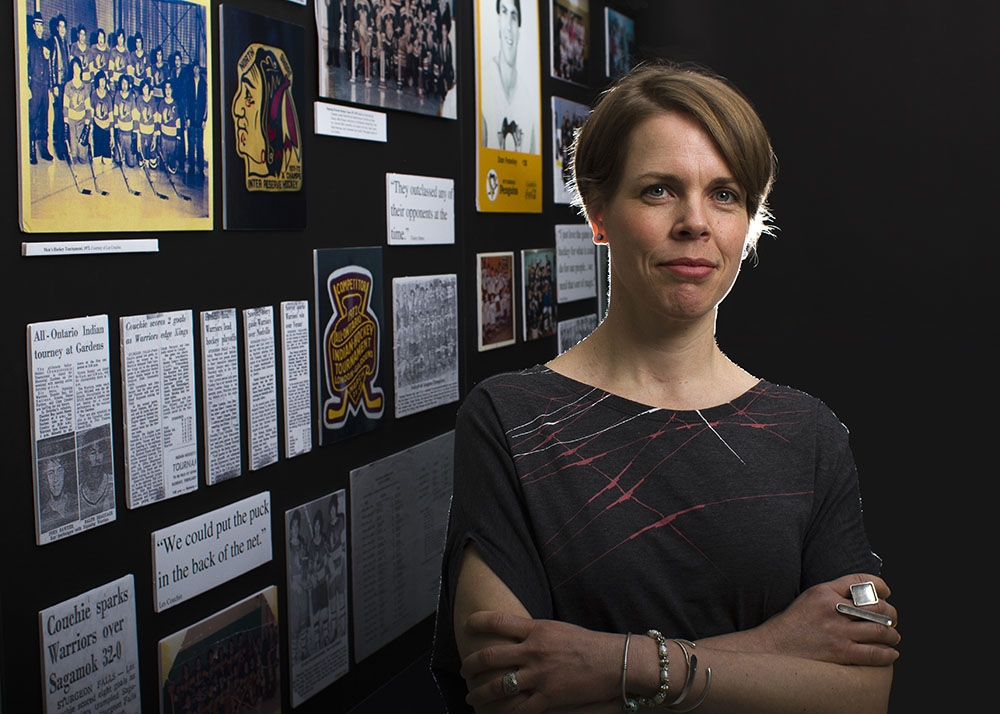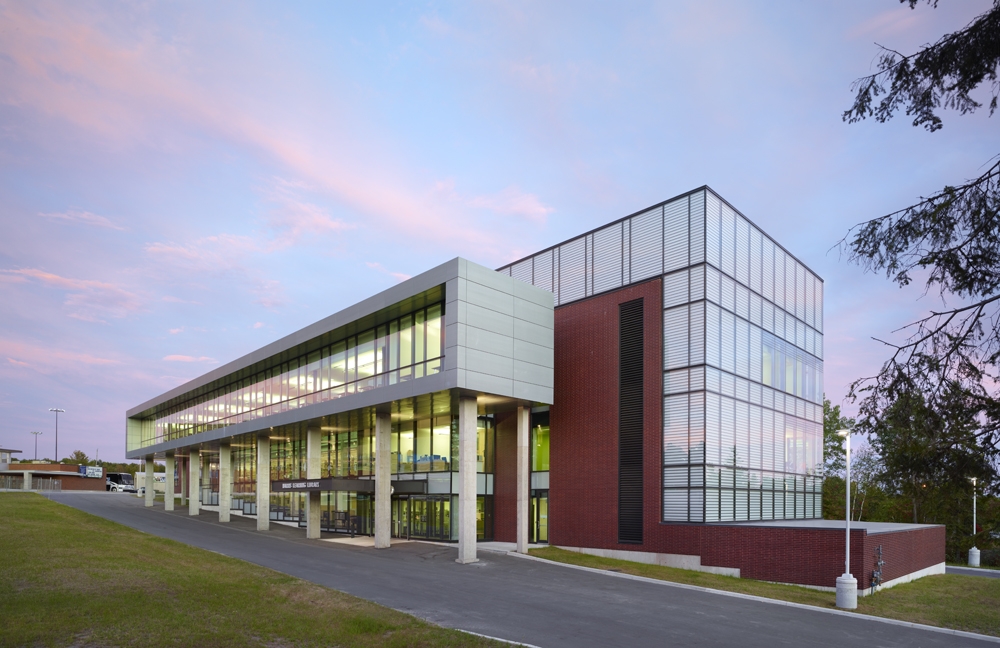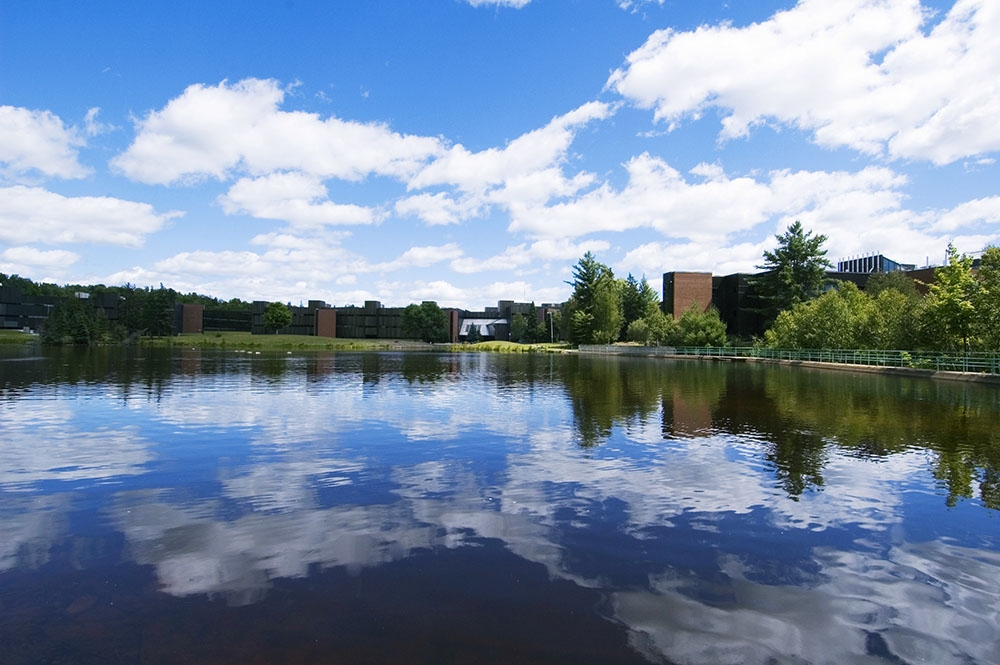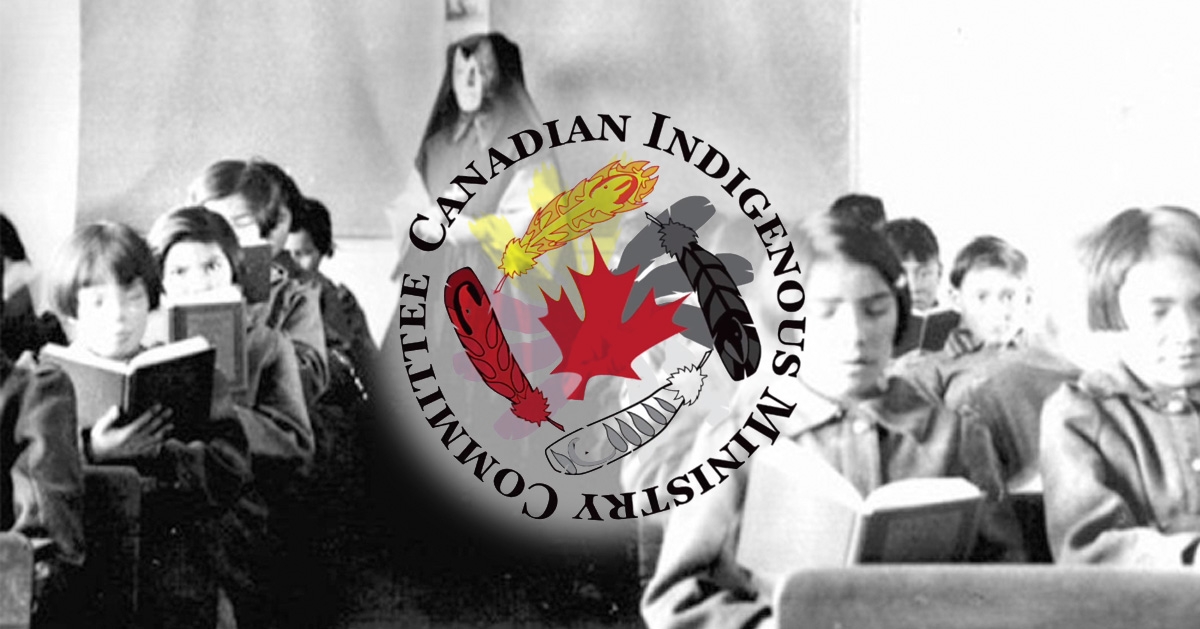
Building Relationships on Anishinaabe Territory: Community and University Working in Partnership
Above: Dr. Katrina Srigley
Centuries-old land claim disputes. Armed standoffs. Treaty agreements marred by deceit. Terror, abuse and confinement. The history of the relationship between Canada’s Indigenous and non-Indigenous peoples is fraught with mistrust, misunderstanding and multiple challenges. That’s no way to build a future.
But there is hope. There is a way forward. We can and must work to rebuild integrity, renew trust and strengthen our collective relationship.
When people build positive relationships with one another, when they establish trust and respect, their ability to define and work towards common goals increases dramatically. Through mutual understanding, what once seemed insurmountable can seem possible. For Indigenous and non-Indigenous peoples to work together on Turtle Island (North America) to advance their needs collectively and individually, good working relationships are essential, and it starts with understanding.
On the traditional territory of Nipissing First Nation, Dr. Katrina Srigley is working in partnership with Anishinaabe and Ininiw community members to change the stories we tell about our pasts. Together they are exploring the dynamics of memory making and storytelling through decolonized research practice. Her current Social Sciences and Humanities Research Council of Canada (SSHRC)-funded project, developed with Nipissing First Nation: Nbisiing Anishinabeg Biimadiziwin: to understand the past and shape the future mobilizes Anishinaabe stories and understandings of the past. She is co-authoring a book with Glenna Beaucage, the Cultural Planning Coordinator for Nipissing First Nation, titled Gaa-Bii Kidwaad The Story of Nipissing. In partnership with the North Bay Friendship Centre, Srigley is also working with Indigenous storytelling methodologies in an exploration of the history of homelessness, poverty and migration in northeastern Ontario. This work informed the provincially-mandated ten-year housing planning for the District of Nipissing and is highlighted in the Friendship Centre’s publication, Following the Red Road.
This innovative and partnership-rich research is changing the way history is taught in high school and university classrooms, honouring Indigenous perspectives and histories to the benefit of all. Working with Nipissing First Nation and local high school teachers, Srigley is developing high school curriculum units. Two recent units tell the story of the Nipissing Warriors Hockey Team, a famed and highly successful Anishinaabe team from the 1960s and 1970s. The units are framed by Anishnaabe ways of understanding the world. They forefront the expertise of Elders and introduce students to silenced narratives of their pasts, of community cohesion and success. Through this work Srigley, an associate professor of History at Nipissing University, has developed the trust necessary to involve Elders in her university classrooms, an approach described as “innovative” and “pathbreaking” by community leaders. In Srigley’s classrooms, students are introduced to key concepts and approaches to the study of history from different intellectual traditions, those traditional to the Anishinaabe land on which the university sits and European theories of knowledge and history, which frame the discipline. This is achieved in various ways, but particularly through collaborative teaching with Elders and community members.
“These relationships already exist. People are working together in a good way setting goals and making change,” says Srigley. “Sharing knowledge and honouring Indigenous understandings of the past builds empathy and understanding in our classrooms. It forces us to think critically as citizens, as community members with a part to play in the stories of Canada, past and present.”
Work remains to be done. Mistrust and misunderstanding have, unfortunately, darkened the relationship for years, but the communities, people and especially the students that Dr. Srigley and her colleagues engage with are sharing a journey forward together. Perhaps a new Spring is indeed around the next corner.
By Bob Pipe with Liz Cohen. Bob Pipe is the communications officer at Nipissing University.













